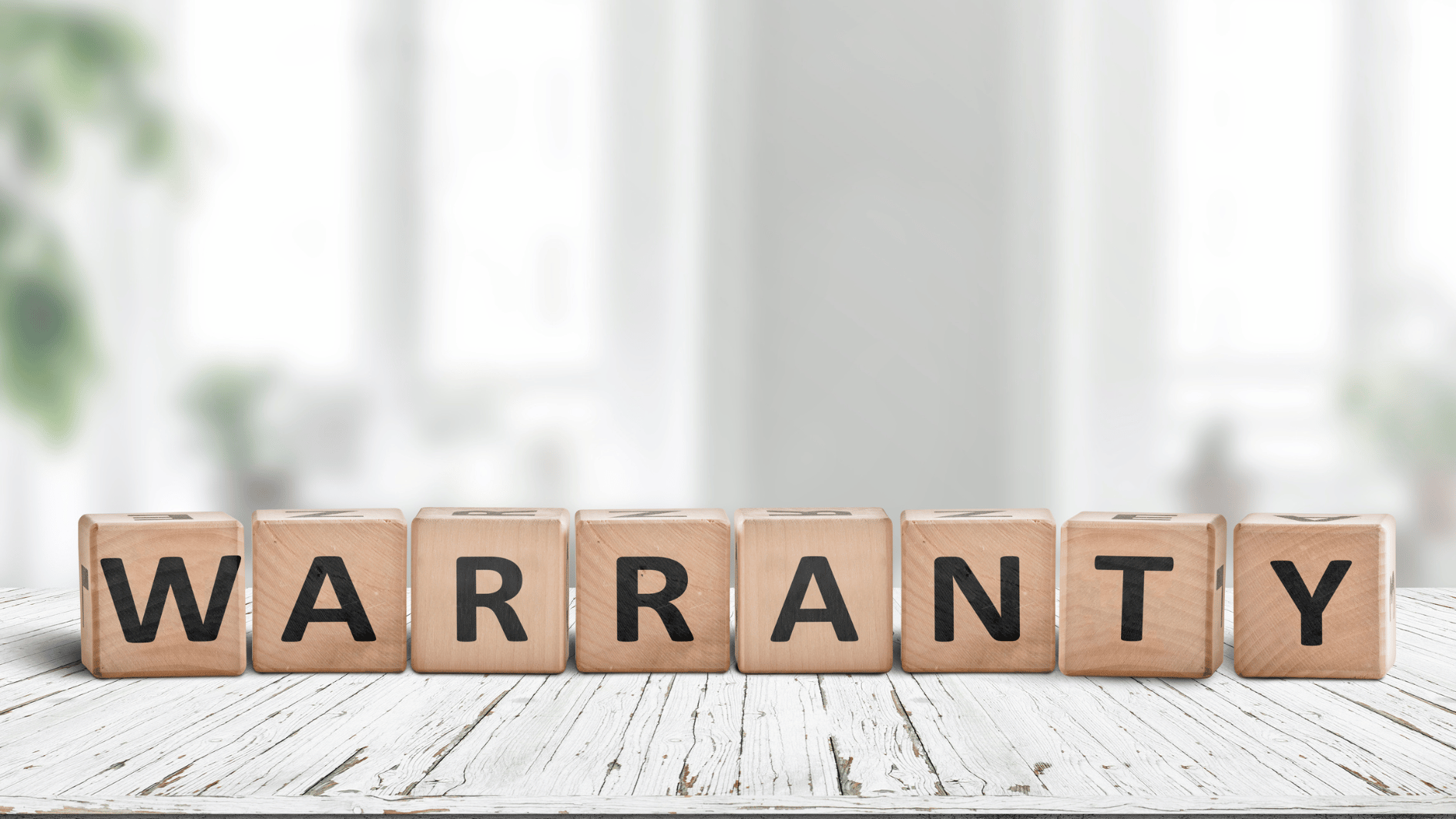Image source: Canva.com
Congratulations on taking a big step toward cleaner, more sustainable energy by getting a solar proposal! But don’t rush into the decision just yet – reviewing your proposal carefully is crucial to making sure it fits your needs and goals. Confidence in your choice comes from understanding the details, asking the right questions, and clarifying anything unclear. Here’s a breakdown of what to look for and why it matters.
Key Things to Check in Your Solar Proposal

Total Cost Before Incentives
Make sure the proposal lists the complete “turn-key” cost, including design, permitting, and installation. Adjusting the system size can help fit your budget or energy needs.
Solar System Size
Know the system’s size in kilowatts (kW), which tells you how much power it can produce. Understanding the number of panels and their wattage helps you assess whether it meets your energy goals.
Energy Production vs. Usage
Does the system match your annual energy consumption? Compare the estimated kilowatt-hours (kWh) with your current usage to ensure the system is right-sized. Cross-check with other installers to confirm accuracy.
Cost Per Watt ($/W)
Calculate how much the system costs per watt of power. Comparing this number to the average in your area helps you evaluate the deal and potential return on investment.
Assumptions About Utility Costs
Verify the assumed cost of electricity and how much it’s expected to rise over time. These figures affect your estimated savings, so they must be realistic.
Financing Terms
If you’re financing the system, examine the loan terms closely. What’s the total cost over the loan period, including interest and fees? Compare this to the upfront cost of buying the system outright to find the best option for your budget.
Digging Deeper into the Proposal
Warranties and Guarantees
- Performance Warranty: Ensures panels will produce a certain percentage of their original power after a set time, like 25 years. Higher percentages mean better long-term performance.
- Product Warranty: Covers manufacturing defects and major issues with panels and inverters. Make sure labor and shipping costs for replacements are included.
- Inverter Warranty: Since inverters may need replacing before panels, check the coverage length (typically 10–25 years).
Equipment Details
Know exactly what you’re getting. Your proposal should include the brand, model, and wattage of the panels and inverters. If this information is missing, consider it a red flag.
Installation and Support
Who will handle the installation? Some companies outsource this work, which could complicate future service needs. Choose a provider that offers full-service support, including maintenance and troubleshooting.

Solar Panel Warranty Explained: Tips and Tricks
Comparing Proposals
1. System Size and Placement
A clear rendering or aerial image of your property should show where the panels will go and how they’ll look. This helps you visualize the end result.
2. Energy Estimates
Good proposals account for shading, panel efficiency, and weather conditions. Don’t hesitate to ask how these calculations were made.
3. Costs and Incentives
Look beyond the sticker price. Your proposal should detail:
- Federal tax credits
- Local rebates or incentives
- Depreciation benefits (if applicable for businesses)
Use realistic numbers for energy savings and cost escalation to avoid overestimating returns.
4. Company Experience
How long has the company been in business? Local expertise is key—they should understand regional policies, building codes, and utility requirements. Read reviews to gauge customer satisfaction and reliability.

Key Solar Incentives in the U.S. You Should Know
Why Multiple Proposals Matter
Getting quotes from different installers ensures you’re comparing apples to apples. Look at:
- System cost
- Warranties
- Equipment quality
- Financing options
By doing so, you’ll make an informed decision and choose a contractor who meets your expectations.

Take the Next Step
Ready to switch to solar? Use tools like a solar calculator to estimate savings and see how much you could benefit. With a well-reviewed proposal and the right provider, you’re on your way to a brighter, greener future. Don’t rush—make your solar journey smooth and rewarding!
We strongly recommend obtaining multiple proposals to compare pricing, warranties, and other factors. This approach enables informed decision-making tailored to your specific requirements.
Ready to harness the power of the sun for your home? Try out our solar calculator on SolarWiki today and discover how much you could save! Take the first step towards a brighter, more sustainable future. Calculate your potential savings now!





